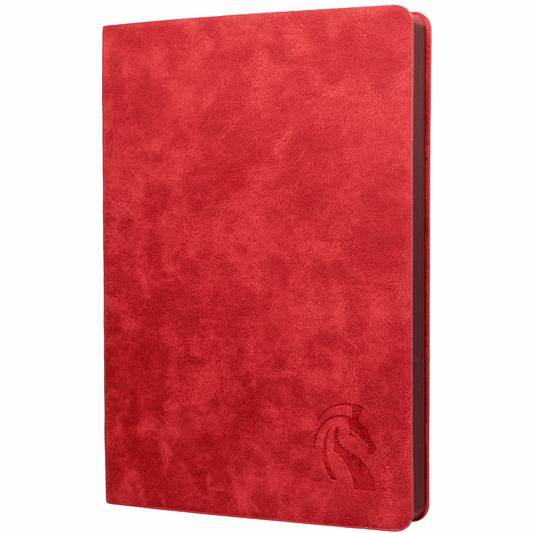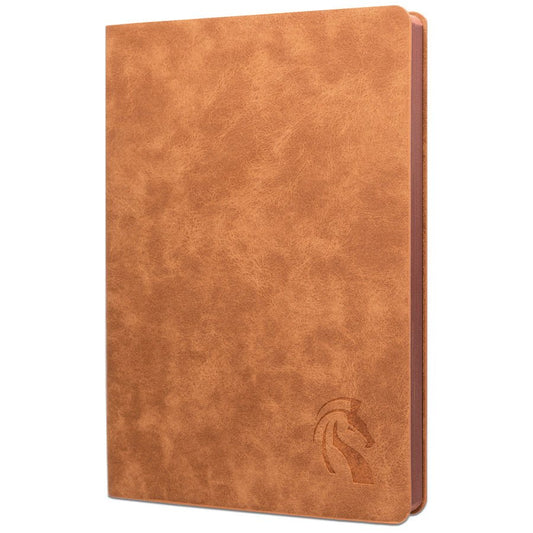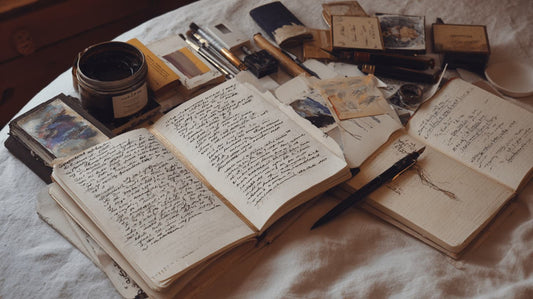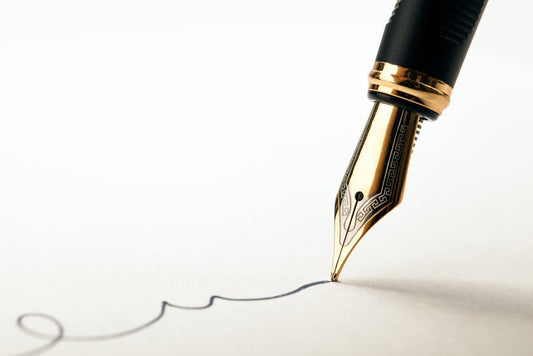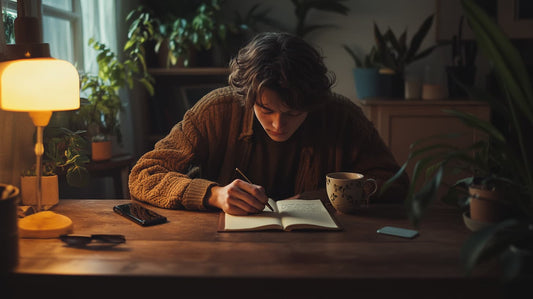
Some people do need to treat their anxiety with medication. But there are also other ways of dealing with anxiety that can be effective for many people.
Almost everyone has some anxiety, but few of us are actively doing anything to relieve our anxiety. Learn how you can easily do things to help you avoid anxiety and incorporate these strategies into your everyday routines.
Take these steps to feel more relaxed:
1. Eat breakfast.
There are some studies that show that a substantial breakfast with high protein and fat reduces the level of anxiety experienced throughout the day. If you’re one of those people that skips breakfast, it might be making your anxiety worse.
2. Eat well.
Eating well means eating natural foods. Processed foods have a variety of chemicals and other artificial ingredients that affect many people in negative ways. Cleaning up your diet can have a profound impact on anxiety for many people.
3. Take a short walk.
A short walk can be a great way to clear your head and shake off some nervous energy.
4. Exercise daily.
Daily exercise isn't the easiest habit to instill but isn’t brutally difficult either. This is a great way of managing anxiety without medication. A good anti-anxiety workout will leave you feeling like you put some work in but won’t exhaust you. How you get this exercise is entirely up to you.
5. Focus on your environment.
You can’t feel anxious if you’re not thinking about something that makes you anxious. You’re inside your head when you’re anxious. Focusing on the sights and sounds around you is one way to put your attention on something real rather than your thoughts.
6. Notice your body feelings.
Instead of focusing on how anxious you are, dispassionately notice the feelings you have in your body. Notice how your heart is beating, your hands are sweaty, and your stomach is nauseous.
● Pretend you’re a scientist and investigate all of the physical sensations you’re experiencing. Stick with them until they dissipate which will take less time than you think.
7. Breathe.
Take some deep, relaxed breaths. Breathing in a controlled way will reign in your anxiety symptoms. It’s a great way to slow your heart rate and feel better overall. Even better is to focus on the sensation of the air moving in and out of your body, too.
8. Sleep.
Everyone feels frazzled if they don’t get enough sleep. Getting sufficient sleep on a regular basis is important if you regularly feel anxious. Your brain just doesn’t function optimally if it doesn’t get the sleep it needs.
9. Address the issues in your life that create stress. Eliminate as many stressors as you can.
Whether it’s an unreliable car, an obnoxious neighbor, a job you despise, or a big stain on your living room carpet. Stress is additive. Those smaller stressors can add up.
10. Talk to someone supportive.
A supportive friend is a true blessing. Knowing that you’re not alone can greatly reduce the anxiety you feel.
If your anxiety is overwhelming, see your doctor. If your anxiety is manageable, but making you unhappy, there are plenty of things you can try to bring your anxiety down to a more reasonable level.
Give some of the above ideas a try. You’re sure to find something that helps significantly without the cost and potential side-effects of a pill. You have nothing to lose -- except some anxiety!

Start Journaling With LeStallion Premium Journals
LeStallion Soft Cover PU Leather Journals inspires and excites you to write more, allow you to further grow and develop, so you may achieve your goals and dreams!
SEE THIS JOURNAL



